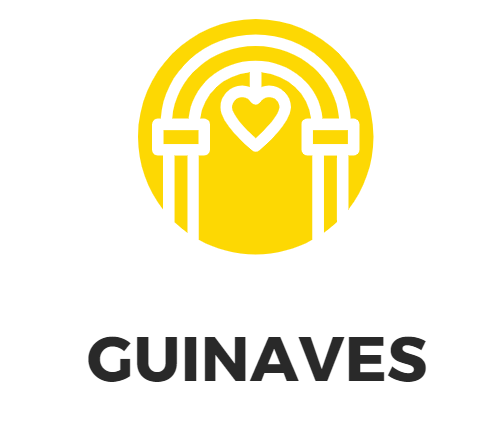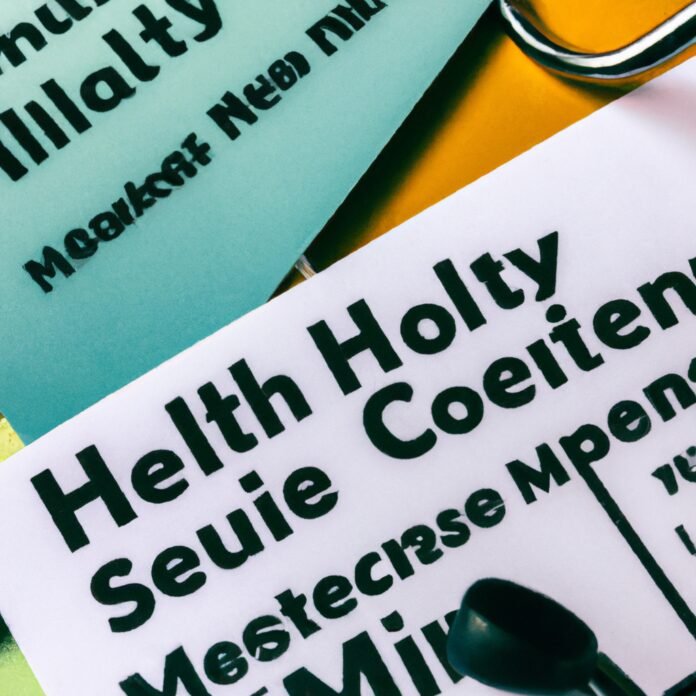We all experience difficult and painful times, when having reliable support and resources can make all the difference. Mental health hotlines are a valuable resource, providing compassionate and confidential support, as well as information about counseling services, medication, coping strategies and more. By providing a safe space to talk, mental health hotlines can help individuals to access assistance, connect with local professionals, and put themselves on the path to recovery.
1. Finding Help: Mental Health Hotlines and Resources
In times of need, mental health hotlines and resources can be a valuable asset. Whether you are in a crisis, or just need to talk to someone, they are there to help.
Mainline Mental Health provides anonymous and confidential psychological support through a free phone service 24 hours a day, 7 days a week. It allows individuals to talk through any personal and mental health issues. They are also able to connect individuals with local services and professional help. To receive help, call 1-888-447-4277.
On top of providing phone support, there are other resources available. A few notable examples are:
- The National Alliance on Mental Illness provides education, support, and advocacy for people with mental health conditions.
- The National Suicide Prevention Lifeline offers immediate support from a trained counselor, 24 hours a day, 7 days a week.
- Crisis Text Line is a free 24/7 text message service for people in crisis. All text messages are confidential and anonymous.
There are also many online support groups available to join. People in need can connect with others facing similar issues, while having access to personalized support, resources, and advice.
Finding help in times of need is crucial. Mental health hotlines and resources provide the necessary support that people need to help them get through difficult times.
2. Crisis Calls and Advice: What to Expect from a Mental Health Hotline
When you contact a mental health hotline, you don’t need to feel embarrassed or ashamed. Services are confidential and it is entirely natural to want to reach out for help if you’ve found yourself struggling with mental health concerns. The practitioners and volunteers are caring professionals who can provide advice and assistance during these trying times.
When it comes to crisis calls and advice, here’s what to expect from a mental health hotline:
- Understanding and Support: First and foremost, the people you will speak to on the hotline are trained to listen and understand the current predicament. They provide a non-judgmental, safe space for you to express your thoughts and feelings without shame.
- Non-Directive Advice and Guidance: Mental health professionals don’t tell you what to do; rather, they will offer guidance and can help you come up with a range of possible solutions. The main objective is to help you make decisions for yourself through a process of problem solving and active listening.
- Referral to Local Mental Health Services: If your call is of a more serious nature, the professionals may make referrals to nearby medical professionals. They can also provide information about support groups, therapists, and other resources in the neighborhood.
Your mental health is paramount and talking to a professional on the hotline can help you manage your issues in a better way. Through the hotline, you get the space to express yourself fully and will be offered assistance without judgment.
3. Reaching Out and Releasing Your Worries: Benefits of Mental Health Hotlines
Mental health hotlines are a valuable asset for anyone dealing with a mental health issue or crisis. With the right listening ear, a hotline can help alleviate stress and create a support system when feeling overwhelmed. Hotlines can also be used as a starting point for more involved mental health services, providing a safe way to seek help and don’t have to face the stigma that comes with it. Here are the benefits of utilizing a mental health hotline.
- It’s confidential. Hotlines provide a safe space where people can discuss their mental health struggles without judgement and in total privacy.
- It’s anonymous. People seeking help can remain anonymous, protecting their identity.
Aside from being confidential and anonymous, mental health hotlines are free and easily accessible. Open 24 hours a day, 7 days a week, hotlines are available to anyone needing help, regardless of their financial or work obligations. Many hotlines are accessible by phone, text message, or chat room — allowing the caller to choose whatever communication style they prefer.
Mental health hotlines provide support, signposting to mental health providers, and emotional connection with a compassionate listener. They can provide both short and long-term solutions, depending on the caller’s individual needs. Hotline counselors can help address an immediate crisis, evaluate mental health issues, suggest potential solutions, and facilitate referrals to outside help.
Mental health hotlines provide an invaluable resource for anyone in need. With no prior appointment required and a wide variety of communication options, hotlines offer an accessible and safe way for people to reach out and get the help they need.
4. Giving Yourself a Place to Turn: Accessing Mental Health Hotline Support and Resources
In times of personal crisis and distress, a mental health hotline can be a welcomed resource to turn to. Hotlines are staffed by trained professionals, many of whom are in-the-know about the latest trends in mental health, and understand how to provide support in difficult situations.
Hotlines provide confidential, judgment-free support from the comfort of your own home. Whether you need someone to talk to, need advice or direction, or want to know your next steps, accessing help from a mental health hotline could be the answer. Hotline support services make it possible to get support at any hour – an essential feature when you need help as soon as possible.
Here are some things to keep in mind when accessing hotlines:
- Find the right help. Not all mental health hotlines are the same. Some have specializations, and not all may be the right fit for your issue. Research your options and do your due diligence to find the best hotline to suit your needs.
- Know your rights. Hotlines have a variety of services they may be able to provide, and understanding what is and isn’t included before making the call is important. Get familiar with the hotline’s terms and conditions to be sure it’s the right resource for you.
- Understand the guidelines. Hotlines usually have specific guidelines and codes of conduct that should be followed. Read and understand the rules beforehand so that you can get the most out of the conversation.
Mental health hotlines are a great resource for those in need of immediate support. If you or a loved one are ever in a crisis, reaches out to a hotline for confidential, judgment-free advice.
Feeling overwhelmed, anxious, or down? There are compassionate professionals on hand ready to listen, all you have to do is pick up the phone. Mental health hotlines provide invaluable support and resources that can make all the difference. Reach out today to find the help you need any time, day or night.


